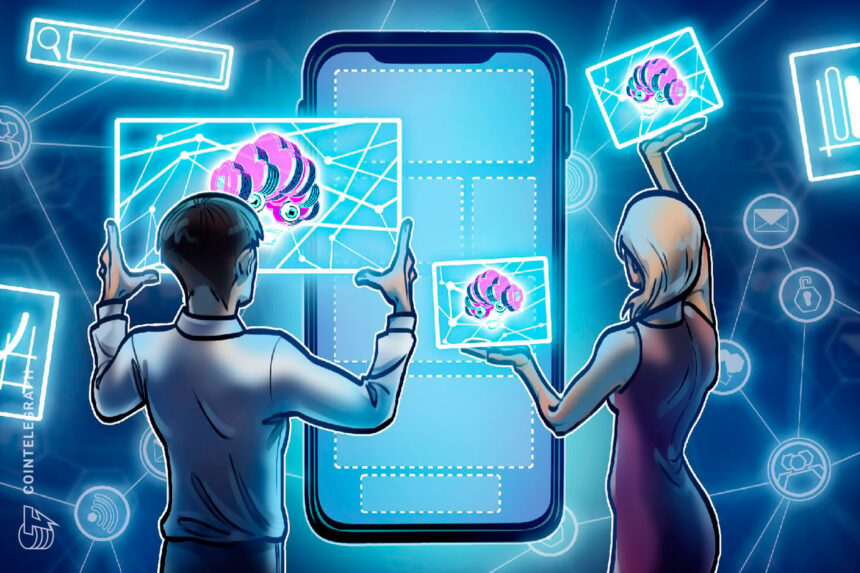Web3 companies are venturing beyond traditional applications and tokens, delving into the realm of hardware devices such as smartphones and gaming consoles that integrate cryptocurrency functions with everyday technology. A significant development in this arena comes from Gaia Labs, a decentralized AI and Web3 infrastructure company, which recently revealed its plans for a groundbreaking AI smartphone. This device, set to launch for users in South Korea and Hong Kong, is built on the hardware of the Samsung Galaxy S25 Edge.
Gaia’s innovative smartphone is designed to run AI models directly on the device, allowing users to interact with AI agents without the need for cloud services. Among its Web3 features are on-chain identity support, a pre-loaded Gaia domain, and tools for deploying custom AI agents. Gaia Labs is joining a select group of blockchain-focused companies that are testing the waters with physical devices.
Solana Mobile, a subsidiary of Solana Labs, has also made strides in this area. In August, the company launched its second-generation device, the Solana Seeker, which garnered over 150,000 pre-orders and is set to ship to more than 50 countries. The initial model, the Saga phone, debuted in 2023 and included features such as a built-in Seed Vault and access to a Solana DApp store, closely tied to the popular BONK token airdrop. Despite the competition with established tech giants like Apple and Samsung, Solana’s approach is about creating a unique mobile ecosystem that prioritizes the needs of crypto users and developers.
Pioneering efforts date back to October 2018, when Taiwanese electronics manufacturer HTC announced the pre-sale of the Exodus 1. This Android device, powered by blockchain technology, featured a built-in hardware wallet called the Zion Vault and supported multiple blockchains, including Bitcoin and Ethereum. In 2022, luxury smartphone brand Vertu introduced the Metavertu, which offered a dual platform for both Web2 and Web3 applications, alongside crypto wallet and NFT support.
Shashank Sripada, co-founder of Gaia, emphasized that the metrics for success in this venture are not about capturing market share but about demonstrating that decentralized alternatives to the AI monopolies of Big Tech are both technically and economically feasible.
In addition to smartphones, Web3 teams are also developing handheld gaming devices. Mysten Labs, the creators of the Sui blockchain, unveiled the SuiPlay0X1 console in late 2024, merging traditional PC gaming with native Web3 features such as zkLogin and on-chain asset management. Following this, in August 2025, Solana Mobile announced the Play Solana Gen 1 (PSG1), a portable console that serves dual purposes as a gaming device and a hardware wallet. With Solana wallet integration, transaction fingerprint security, and access to Solana’s DApp ecosystem, the PSG1 opened for pre-orders in 2025, with anticipated shipping commencing in October.
As Web3 technologies continue to evolve, the intersection of hardware and blockchain is fostering a new generation of devices tailored to the crypto community, reflecting the industry’s commitment to creating more decentralized and user-centric innovations in everyday technologies.







